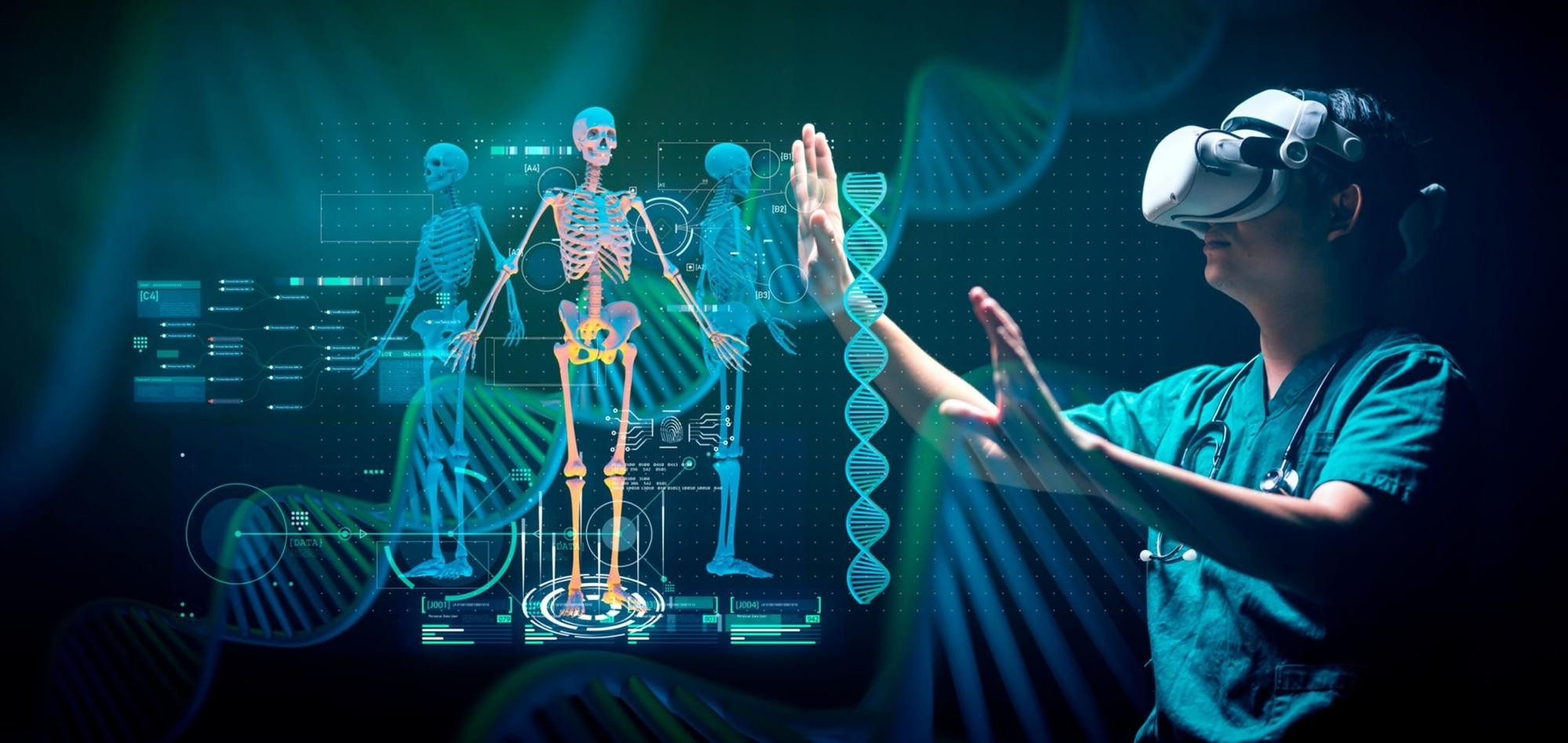Artificial Intelligence (AI) is revolutionizing the healthcare industry, offering new possibilities for patient care and medical research. In this article, we explore the profound impact of AI in healthcare, highlighting its key applications, benefits, and the transformative changes it brings to the medical field. Remote work has become a permanent fixture of the modern workplace, and it's evolving rapidly. In this article, we delve into the future of remote work, particularly the shift towards a hybrid work environment and how businesses and employees can adapt to this new paradigm. Diagnostics and Early Detection: AI-powered algorithms can analyze medical images, such as X-rays and MRI scans, with remarkable accuracy. This enables early detection of diseases and conditions, potentially saving lives through timely interventions. Predictive Analytics for Patient Care: AI-driven predictive analytics use patient data to forecast disease progression and treatment outcomes. This assists healthcare providers in making informed decisions, optimizing treatment plans, and improving patient outcomes.

Virtual Health Assistants: Chatbots and virtual health assistants equipped with AI capabilities provide 24/7 support to patients. They can answer medical queries, offer medication reminders, and even monitor vital signs, enhancing patient engagement and adherence to treatment plans. Drug Discovery and Research: AI accelerates drug discovery by analyzing vast datasets to identify potential drug candidates. This not only expedites the research process but also opens new avenues for developing targeted therapies.
.png)






.png)